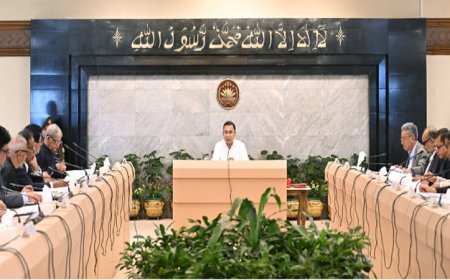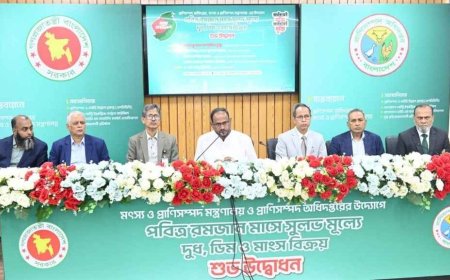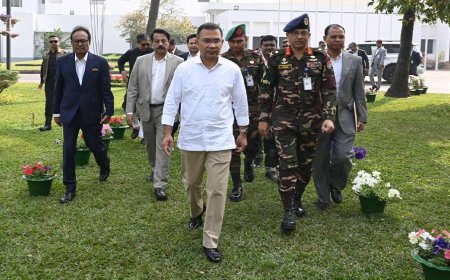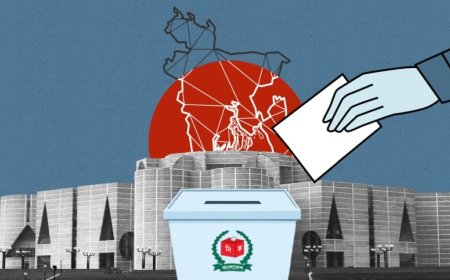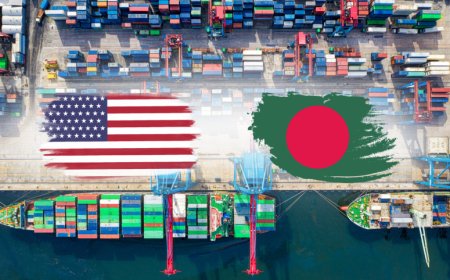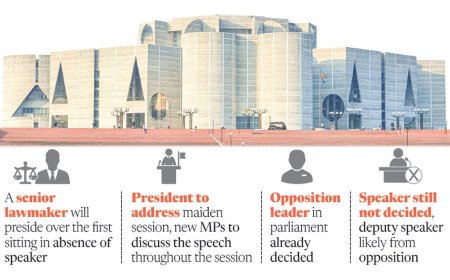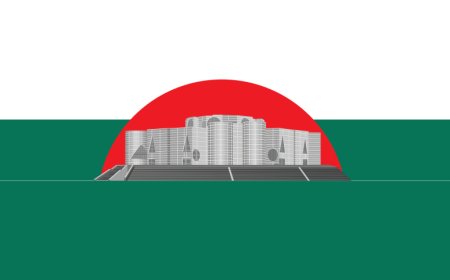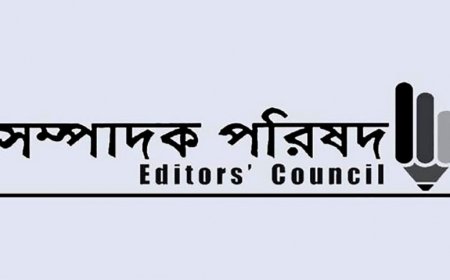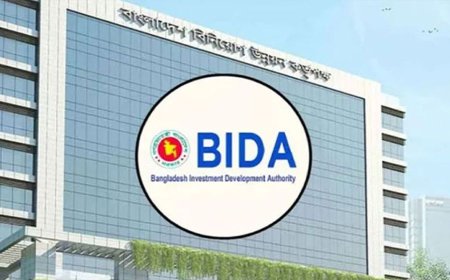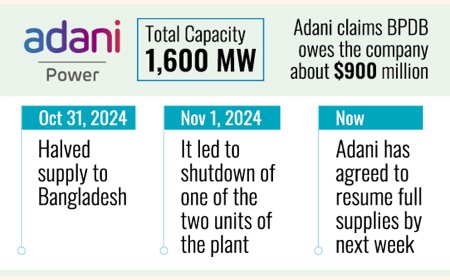Increasing interest rates discourage new investments and hinder expansion plans
Job growth is expected to be significantly hindered.
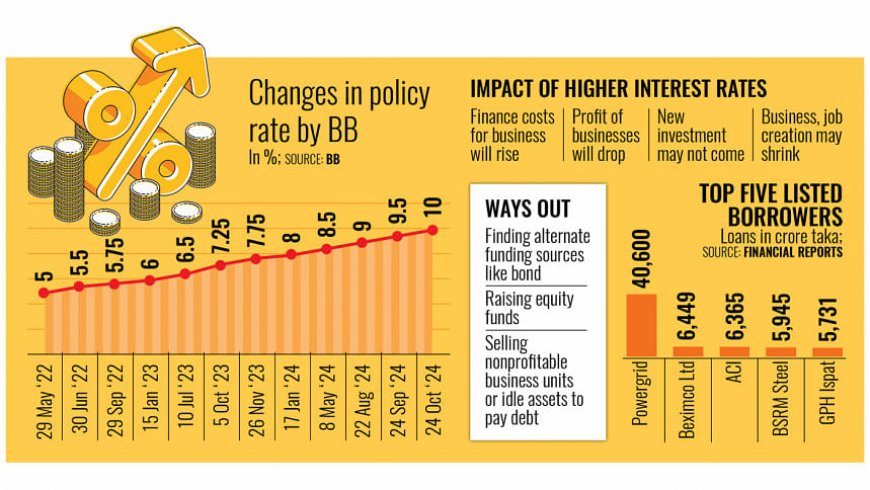
Impact of Rising Interest Rates on Conglomerates and Job Growth
If banks raise lending rates by one percentage point, local pharmaceutical and chemical giant ACI Limited faces an additional Tk 70 crore in interest expenses. With the policy rate increasing by 4-5 percentage points since FY 2023-24, ACI’s financing costs have surged dramatically, forcing the company to prioritize rising operational costs over expansion plans. In FY 2023-24, ACI commenced operations with the Bangladesh Bank’s key interest rate at 6.5 percent, which climbed to 10 percent by mid-FY25 as the central bank aggressively raised rates to combat inflation by making borrowing more expensive.
This fight against persistent inflation is also driving up financing costs for other large conglomerates, reducing profit margins and forcing them to postpone expansion plans, which has a ripple effect on private-sector job creation. “With such high interest rates, no entrepreneur will consider expansion at this time,” stated Pradip Kar Chowdhury, ACI Limited’s Chief Financial Officer.
In FY24, ACI Limited, with borrowings totaling Tk 6,365 crore, saw its interest expenses rise by 30 percent to Tk 658 crore, according to company reports. Similarly, over 40 listed conglomerates with loan portfolios ranging from Tk 1,000 crore to more than Tk 5,000 crore are grappling with rising costs, based on their financial disclosures.
“Businesses are adopting a wait-and-see approach and are unlikely to consider new investments for at least a year to a year and a half,” explained Rupali Haque Chowdhury, president of the Bangladesh Association of Publicly Listed Companies. She added that already struggling with weak demand due to inflation staying above 9 percent for two years, companies now face further setbacks with increased VAT and supplementary duties on over 100 goods and services.
Without fresh investments, job creation will suffer significantly, said Chowdhury, echoing concerns from ACI’s CFO, who also noted foreign investors are holding back until political and economic conditions stabilize.
Loan Exposure of Major Conglomerates
Among listed conglomerates, five companies have bank loans exceeding Tk 5,000 crore, with Power Grid Bangladesh leading the group at Tk 40,600 crore. The company reported losses last year due to a large loan portfolio and currency devaluation against the US dollar. Other major borrowers include Beximco Ltd (Tk 6,449 crore), BSRM Steel (Tk 5,945 crore), and GPH Ispat (Tk 5,731 crore), all of whom are expected to face surging financing costs.
Analysts warn that recent increases in VAT and supplementary duties will worsen these financial burdens, compelling some companies to either evade VAT or pass on the costs to consumers.
High-Interest Rates Benefit Some
Conversely, several companies with no bank loans, such as LafargeHolcim, Linde BD, and British American Tobacco Bangladesh, are poised to benefit from higher interest income due to their fixed deposits.
Financial experts, including Asif Khan of EDGE AMC Limited, suggest that indebted companies explore alternative funding options such as zero-coupon bonds, convertible debt, raising equity, or selling non-core assets to manage debt burdens and reduce costs. Khan emphasized the importance of capital structure planning and stress tests to prepare for interest rate hikes.
While some companies are adapting to these challenges, the broader economic impact of high interest rates on conglomerates, investments, and job growth remains a pressing concern.
What's Your Reaction?









